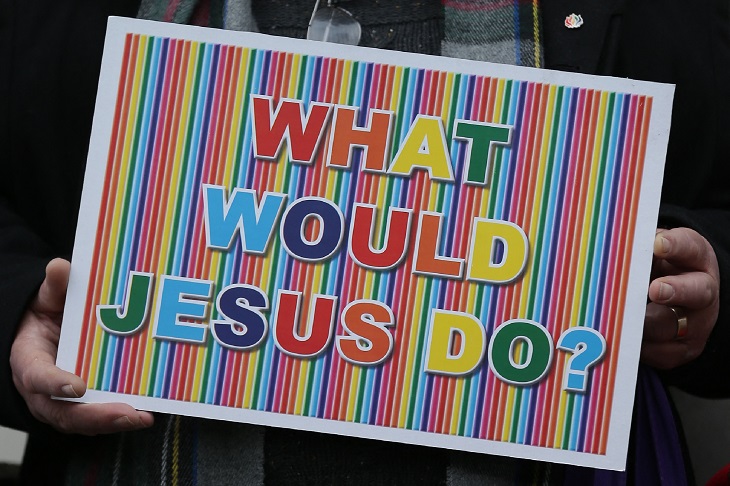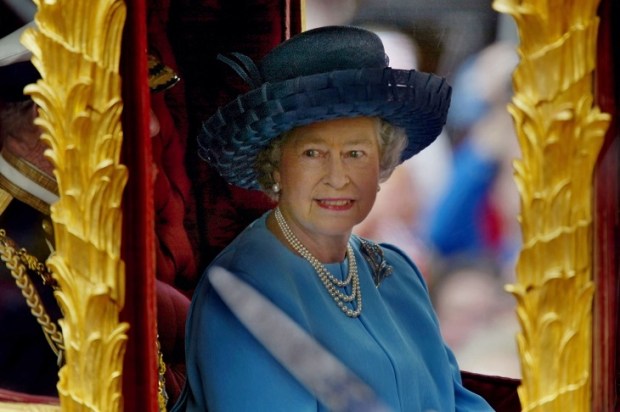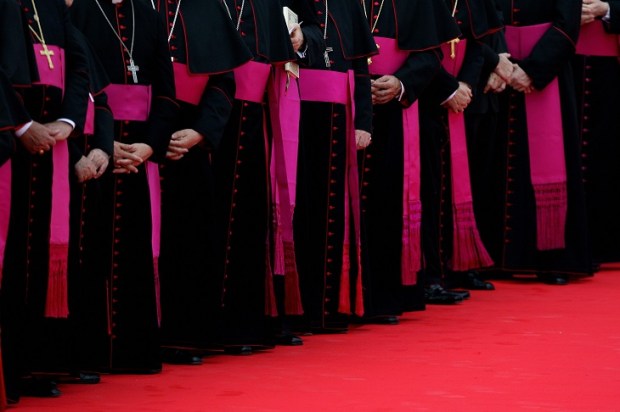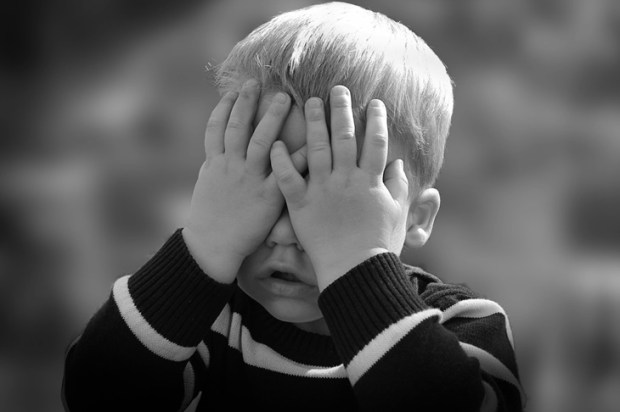The Australian Bureau of Statistics last week released data from the 2021 Census, revealing how the number of Australians who are not religious has increased further.
In 1971, 87 per cent of Australians identified as religious, and overwhelmingly as Christian. Now it’s 54 per cent. What is more, only five years ago, 52 per cent of Australians identified as Christian.
Already a subscriber? Log in
Subscribe for just $2 a week
Try a month of The Spectator Australia absolutely free and without commitment. Not only that but – if you choose to continue – you’ll pay just $2 a week for your first year.
- Unlimited access to spectator.com.au and app
- The weekly edition on the Spectator Australia app
- Spectator podcasts and newsletters
- Full access to spectator.co.uk
Or


























Comments
Don't miss out
Join the conversation with other Spectator Australia readers. Subscribe to leave a comment.
SUBSCRIBEAlready a subscriber? Log in